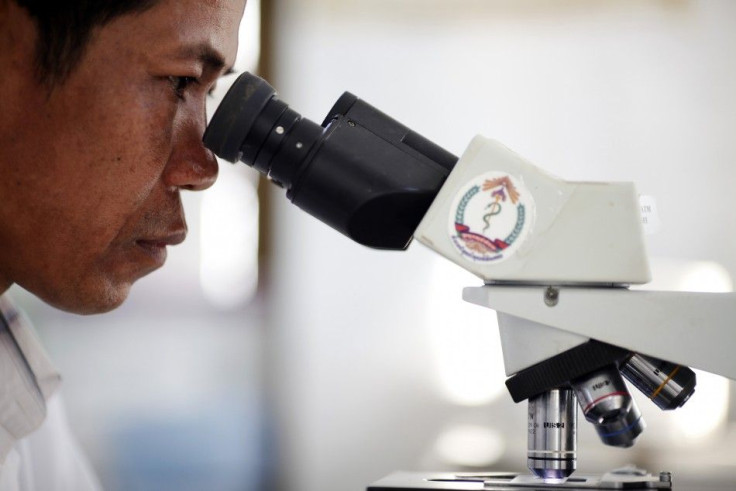Hormonal Contraception Hikes HIV Risk in Women: Africa Study

Women who use contraceptive injections double their likelihood of contracting HIV or transmitting it to their male partners, according to new research.
The researchers from the University of Washington, Seattle, have conducted the study on 3,790 heterosexual couples in which one partner was HIV-positive and the other was not.
The couples were from seven African countries: Botswana, Kenya, Rwanda, South Africa, Tanzania, Uganda and Zimbabwe.
The risk was increased among those using oral contraceptives as well, although less so, and the difference may have been due to chance.
It's possible hormonal contraception causes biological changes, such as changes to the cells that line the vagina or cervix, that influence susceptibility to HIV, the researchers said.
While hormonal conception includes both oral contraception and injectable forms of birth control, the findings were most pronounced for women using injectables, the study said.
Condom use, which protects against HIV, was accounted for by the researchers, who found that those who used hormonal contraceptives were slightly less likely to use condoms than those who didn’t use any birth control method besides a condom.
The study is published in the journal Lancet Infectious Diseases.
© Copyright IBTimes 2025. All rights reserved.





















